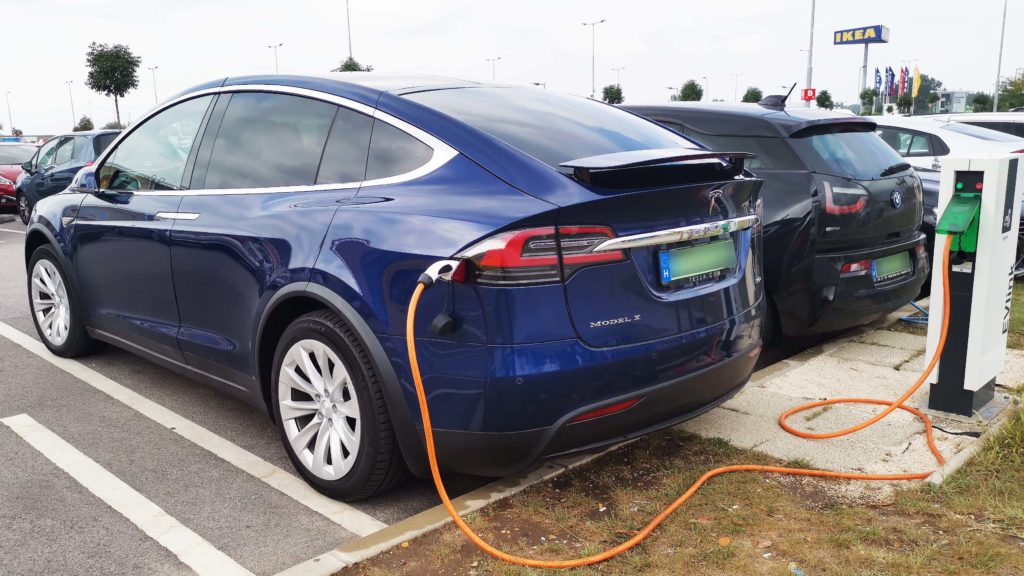Change language:
EV sales in Hungary vs the Rest of the World

Sponsored content
In 2023, Global EV sales hit a significant milestone of 10 million sales – with Chinese consumers purchasing more than 2 million and United States consumers purchasing 1 million for the first time. With new battery technology coming online, the flow on effect coming with it is falling prices for purchasing vehicles (usually more expensive than petrol or diesel vehicles), longer driving range, and faster charging times. With the Hungarian government supporting research and development into electric vehicles and infrastructure, what are the current sales in Hungary versus the rest of the world? What will happen in the future?
EV Sales historical and current in Hungary
The 2024 projected revenue from Hungarian EV sales is expected to reach $808.3 million (USD) with a compounding annual growth rate of 13.15% over the next four years. This has been spurred on by local manufacturing, government incentives on the supply and demand side of EVs, and investment in charging infrastructure. This growth is expected to reach a market volume of $1.325 billion (USD) by 2028. Chinese manufacturer BYD also selected Hungary for their first car assembly plant location in Europe.
According to the Ministry of the Interior as of March 2023, there are almost 70,000 green-registered vehicles in Hungary of which 38,000 are EVs (battery or hybrid EVs). The Interior Ministry issued 4,279 green plates in the first quarter of 2023, representing 13.5% increase over the same period last year. Green plates grant owners free parking in Budapest and some major rural cities.

World EV sales
During 2023 global EV sales hit 9.97 million, with the world market share expected to hit 17.5% in 2024. This showed an annualised growth of 28% across major markets by PwC in their Electric Vehicle Sales Review 2024. EV sales growth has continued in all major markets (Western Europe, China, and the United States) with 2.025 million units sold in December 2023, a year-on-year increase of 26%.
Though new battery technology is rolling out promising to eliminate range anxiety with 1,000+km batteries, governments around the world are tightening the screws on incentives, tax breaks, and other expenditures encouraging EV take-up.
In Europe, the German government has rescinded the €4,500 for EV purchases ahead of the December 2024 deadline, and French officials have taken away the €7,000 EV subsidy for foreign imported vehicles. The EU and UK governments are also looking to impose a 10% tariff on cheaper Chinese EVs. This is despite more than half (5.36m out of 10.32m) of cars registered in Western Europe in 2023 were EVs.
As such, PHEV sales in Western Europe decreased by 13%; Germany saw a 52% drop as consumers could no longer avail themselves of the subsidy.
Hungary – a world leader in EVs?
Hungary seems to be moving toward EVs just as the rest of the world looks to be shying away from the green technology. Falling prices, government incentives for manufacturers and consumers, and better technology may empower Hungarians to embrace the green transition faster than their Western counterparts.







